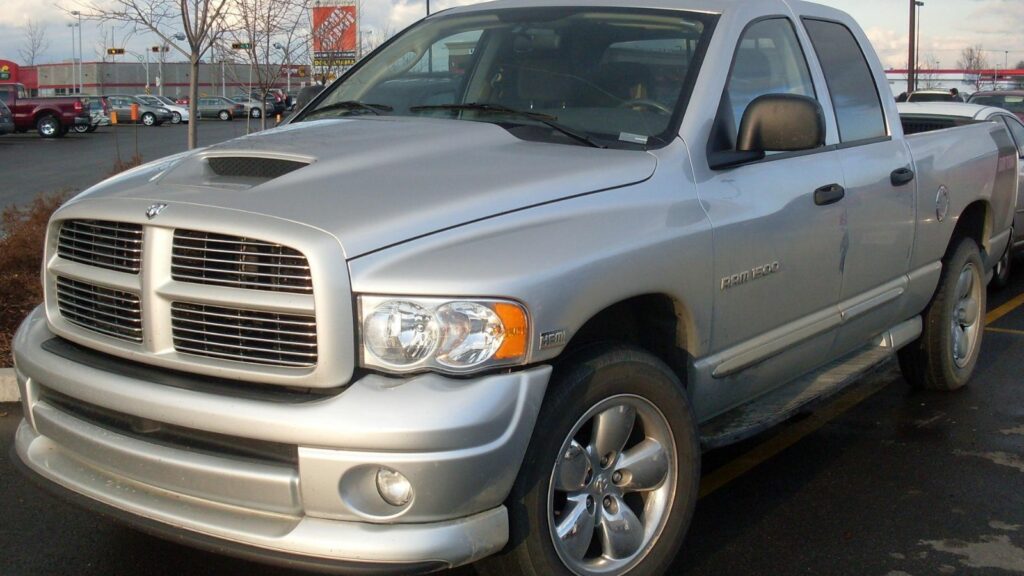Buying a new truck is a big decision. Unlike a compact car or sedan, a truck has to do much more than get you from point A to point B. It may need to haul, tow, handle rough back roads, and serve as both a workhorse and a daily driver. Trucks today are more complex than ever, offering endless configurations, trims, and options. With prices climbing and features evolving, taking the time to carefully evaluate what you’re getting is more important than ever. Here are twenty key things to check before you sign for your new truck, with added detail to help you make the best choice possible.
Towing and Payload Capacity
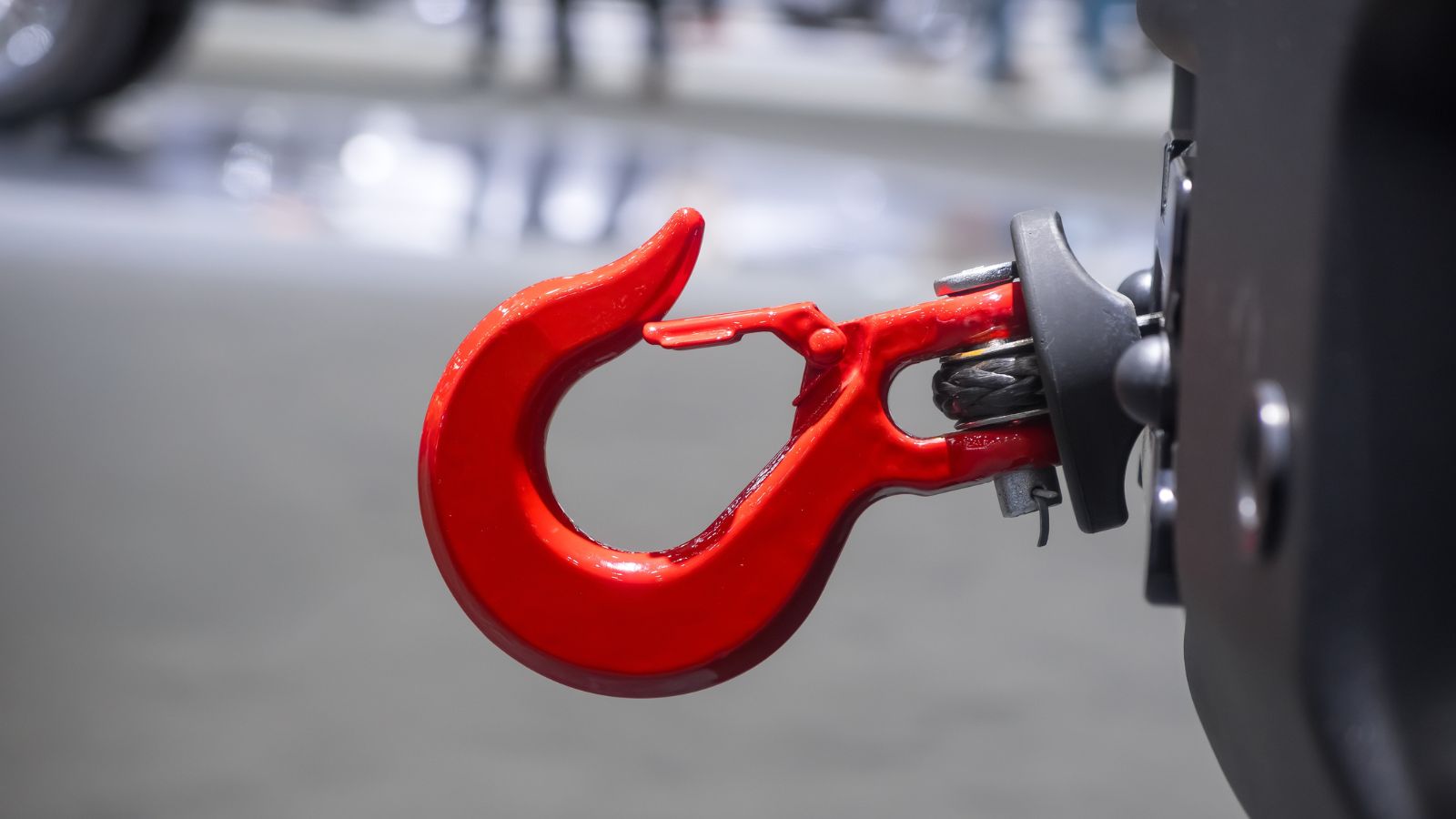
The first thing many truck buyers look at is towing. Manufacturers advertise impressive numbers, but those are often tied to specific configurations. Adding a larger cab or four-wheel drive can reduce towing capacity, sometimes by thousands of pounds. If you plan to tow a camper, boat, or heavy work trailer, make sure your chosen setup is rated for your needs. Payload matters too—especially if you’ll be hauling heavy tools or equipment in the bed.
Engine Options
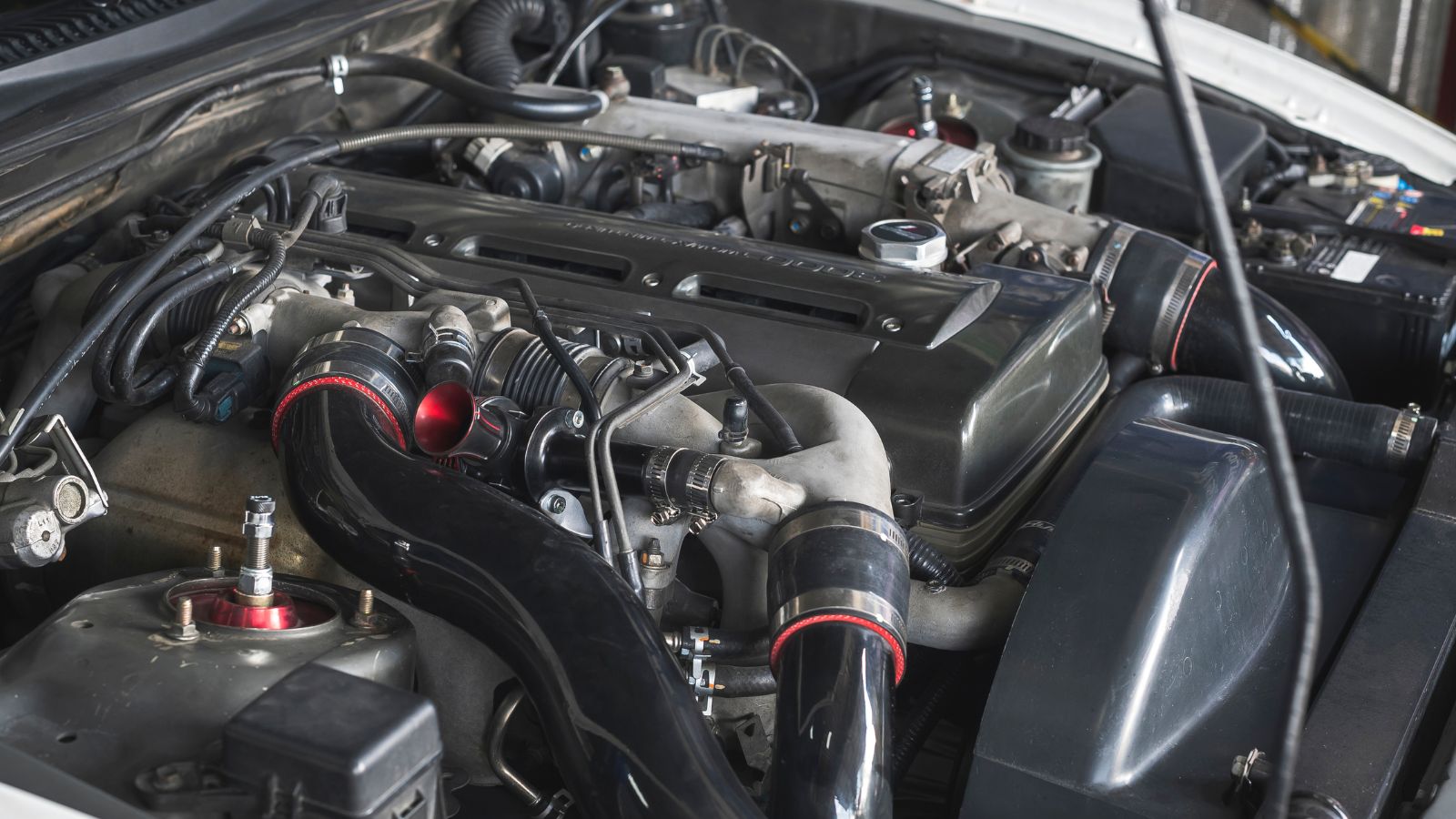
Trucks now offer a wide range of engines, from smaller turbocharged six-cylinders to traditional V8s and even diesels. Each has strengths and trade-offs. Smaller engines may save fuel but lack grunt for heavy hauling. A V8 might deliver effortless power but guzzle gas. Diesel engines offer incredible torque for towing but often come with higher maintenance costs. Knowing what you’ll use the truck for helps narrow down the best choice.
Transmission Choices
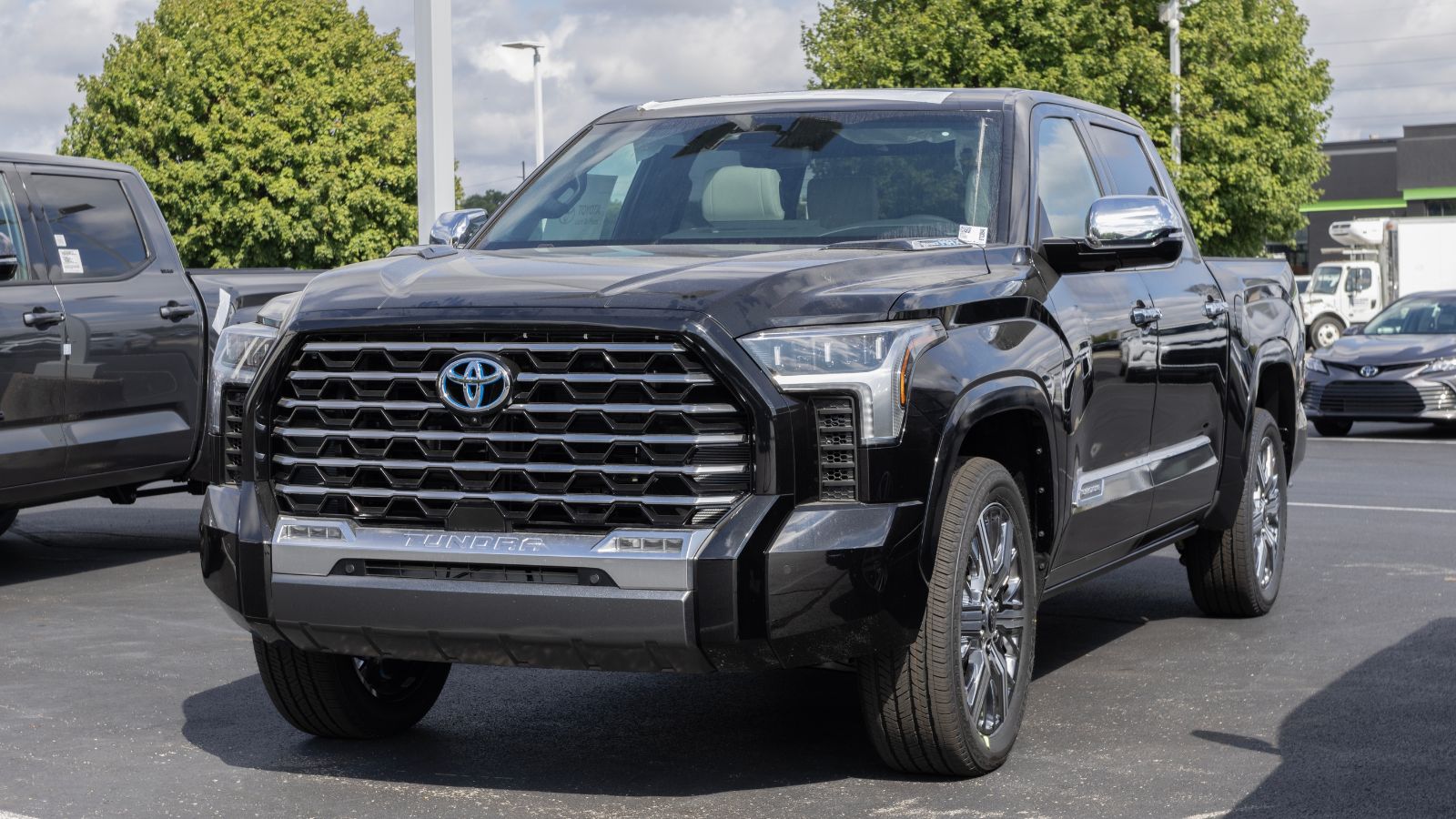
Most modern trucks are automatic, but even then, you’ll see differences. Some use six-speed automatics, while others have advanced 8- or 10-speed setups that deliver smoother shifts and better efficiency. If you plan to tow, look for transmissions with tow/haul modes that help manage heavy loads. A test drive will tell you how well the gearbox pairs with your chosen engine.
Drivetrain Configuration
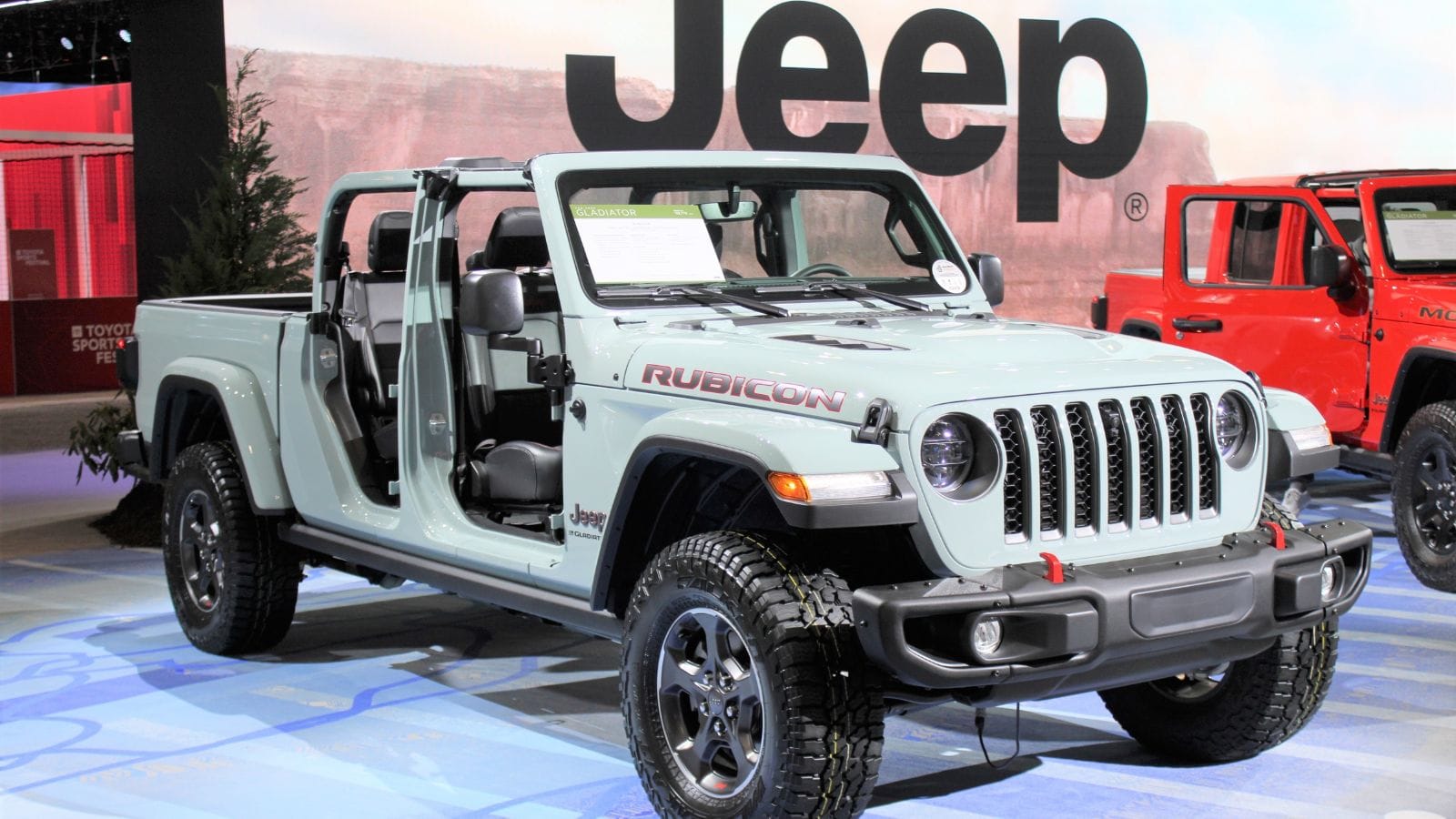
Not everyone needs four-wheel drive, but in Canada’s snowier provinces or for off-road enthusiasts, it can be essential. Rear-wheel drive is fine for warmer climates and lighter use, but four-wheel drive adds versatility, stability, and resale value. It’s worth remembering that 4×4 systems also add cost, weight, and complexity—factors to consider if you don’t plan to use them often.
Bed Size
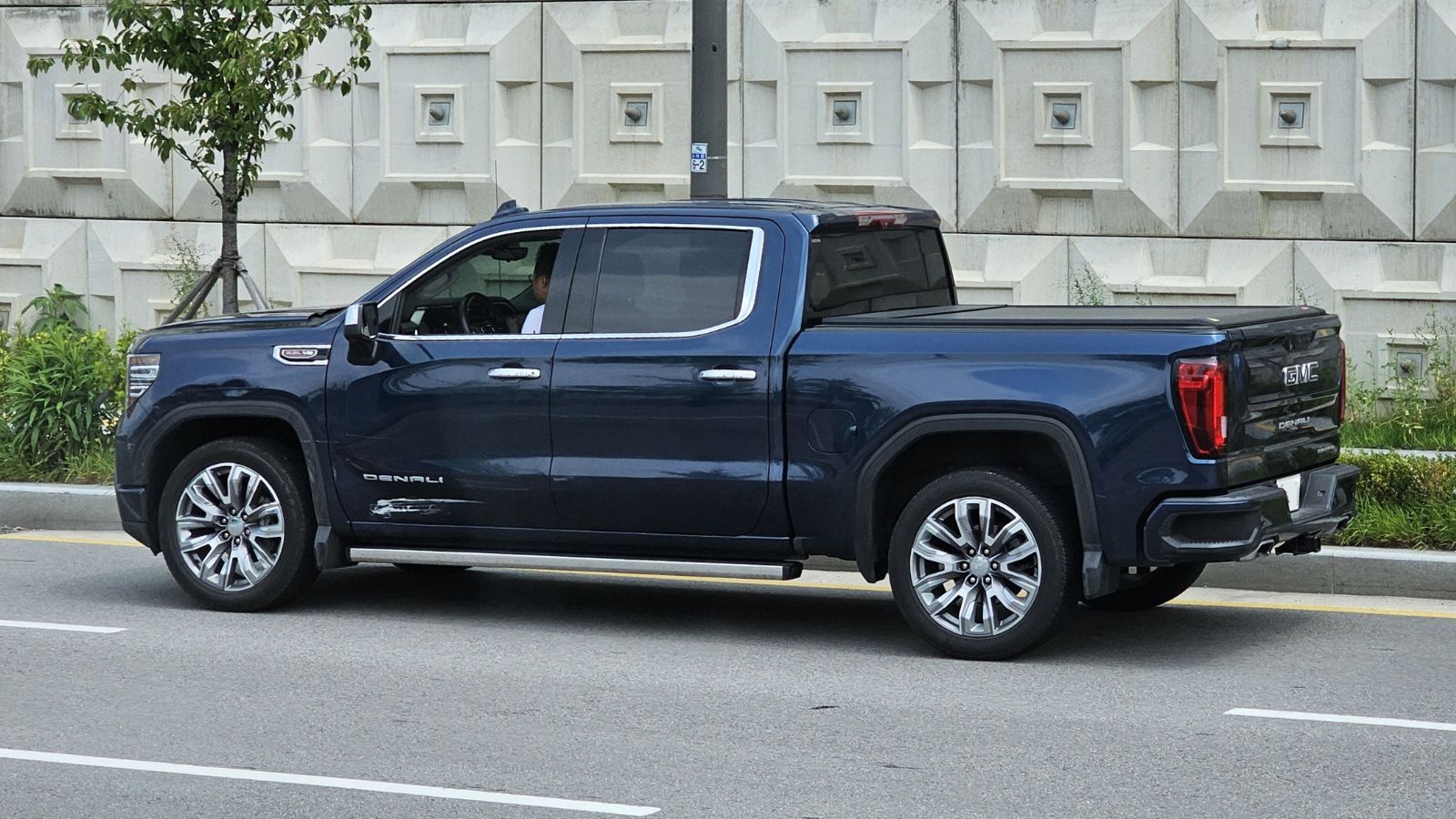
Beds vary widely, from compact 5-foot short beds to full-length 8-foot versions. If you live in the city and value maneuverability, a short bed paired with a crew cab may make more sense. On the other hand, contractors, campers, or outdoorsmen who regularly haul lumber, ATVs, or gear might prefer a longer bed. Think about what you’ll carry most often rather than choosing based on looks.
Cab Style
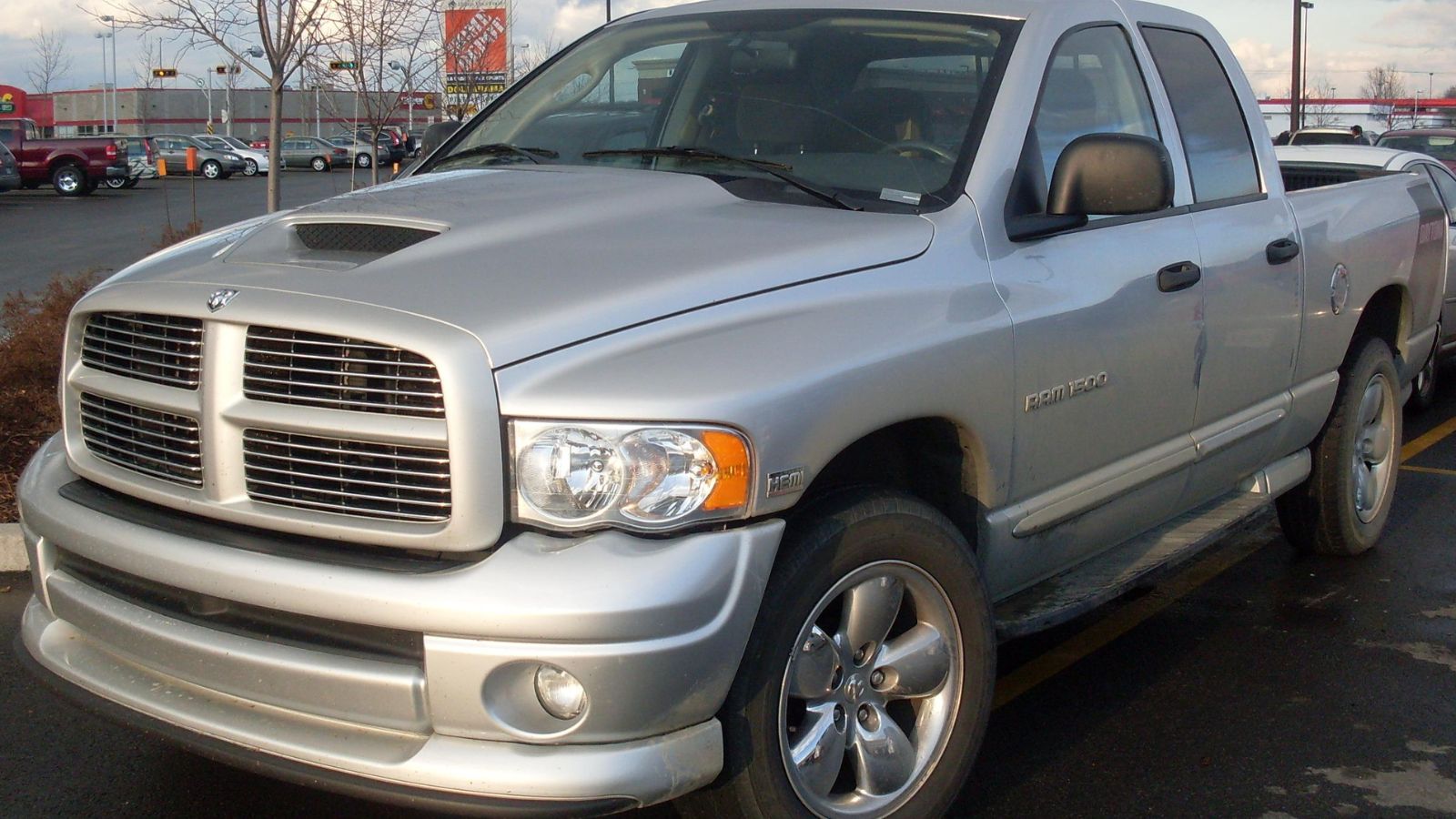
Cabs come in regular, extended, and crew configurations. Regular cabs are simpler and often cheaper, but they sacrifice rear seating. Extended cabs add occasional rear seats, while crew cabs give you full passenger comfort but reduce bed size. Families or those who carpool often find crew cabs indispensable, while solo owners may prefer maximizing bed space.
Suspension Setup
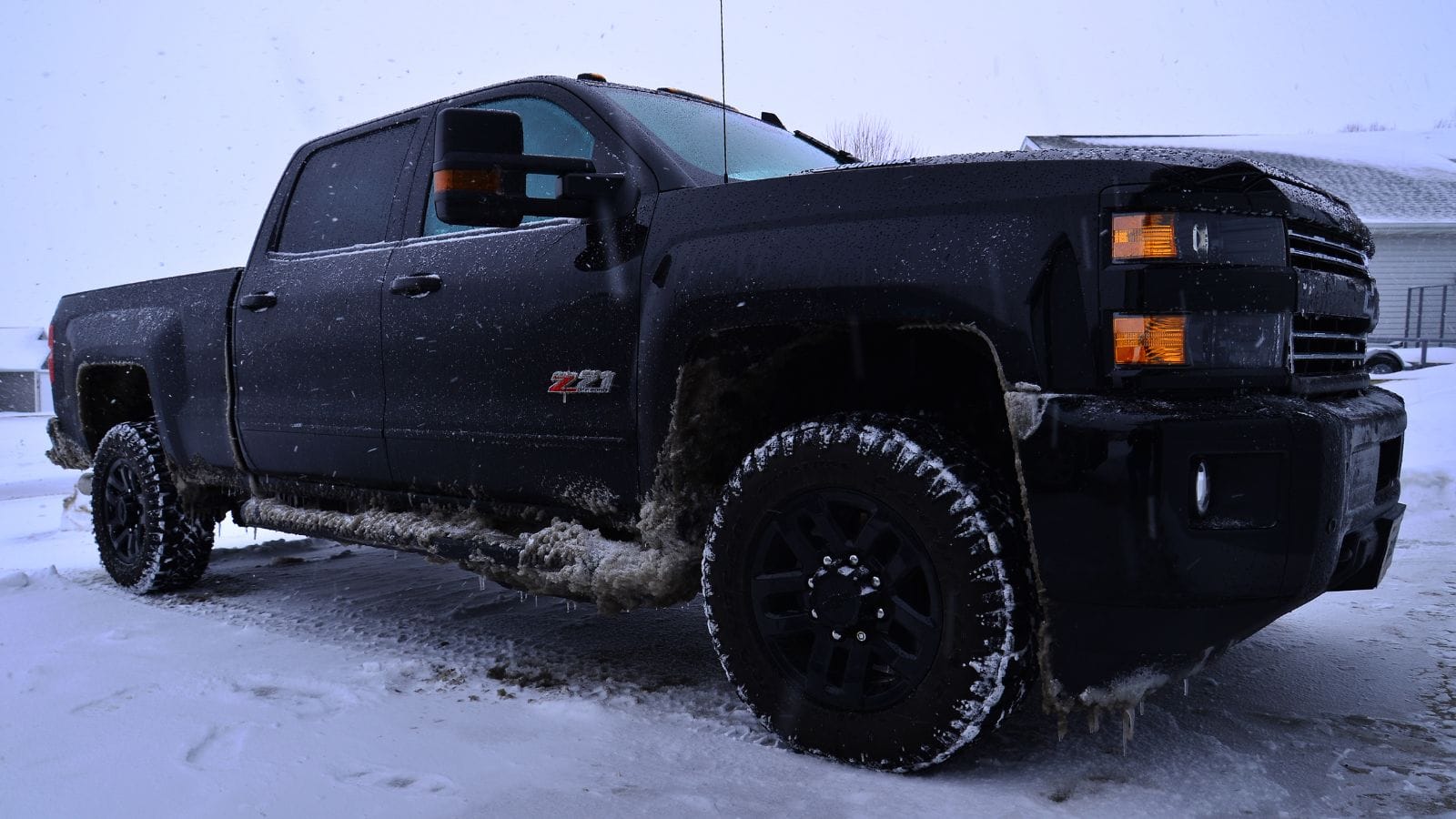
A truck’s suspension design makes a huge difference in ride quality. Heavy-duty trucks with leaf springs are fantastic for towing and payload but can ride harshly when unladen. Light-duty trucks often feature coil springs or independent setups that feel more like SUVs. If you’ll drive long highway miles, comfort matters. If it’s for heavy work, prioritize strength.
Braking Performance
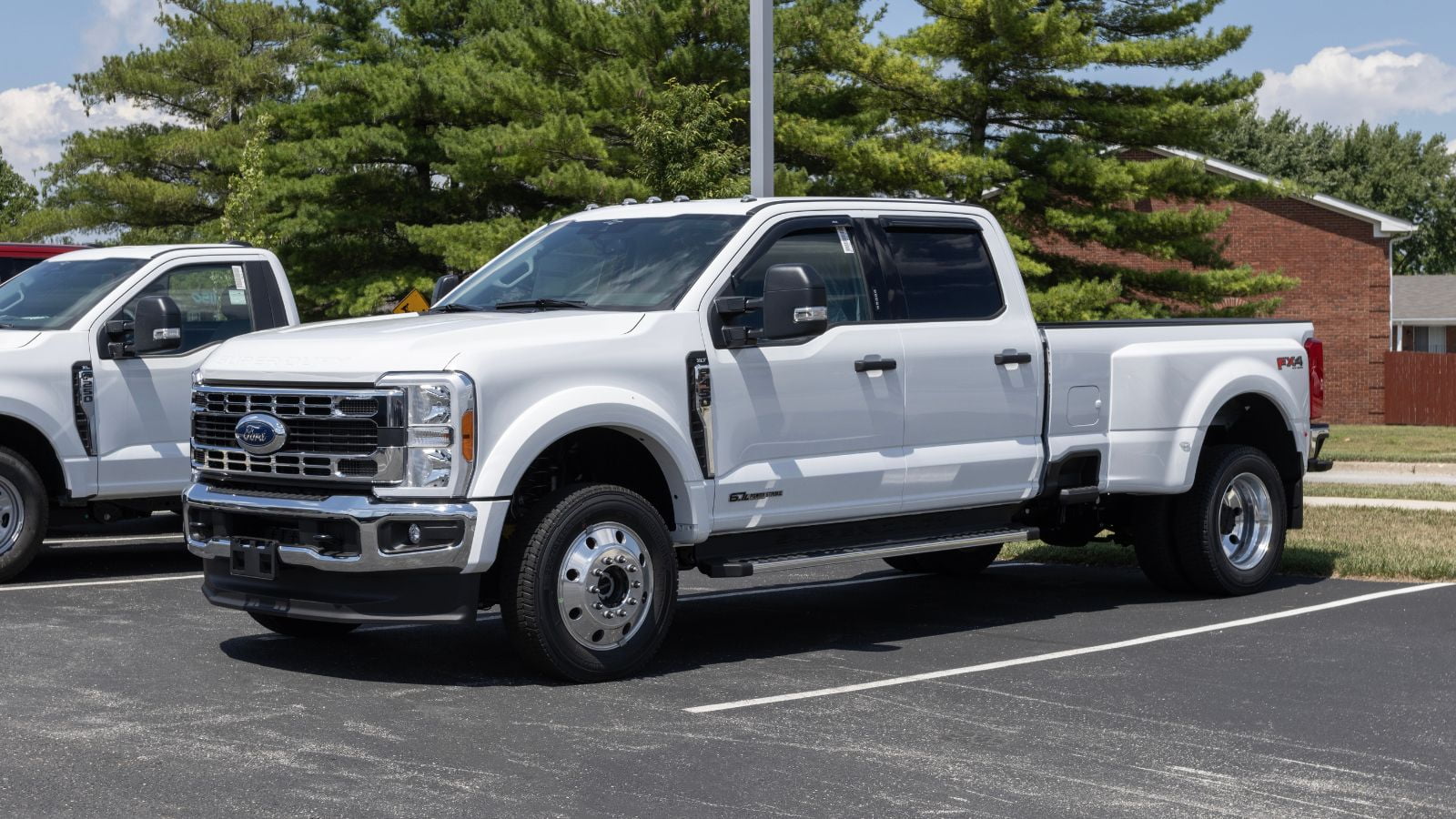
It’s not enough for a truck to pull heavy loads—it has to stop them too. Check for options like larger brakes, integrated trailer brake controllers, and systems such as exhaust braking on diesels. Safe stopping distances when towing are just as important as raw power, especially when descending steep grades.
Fuel Economy
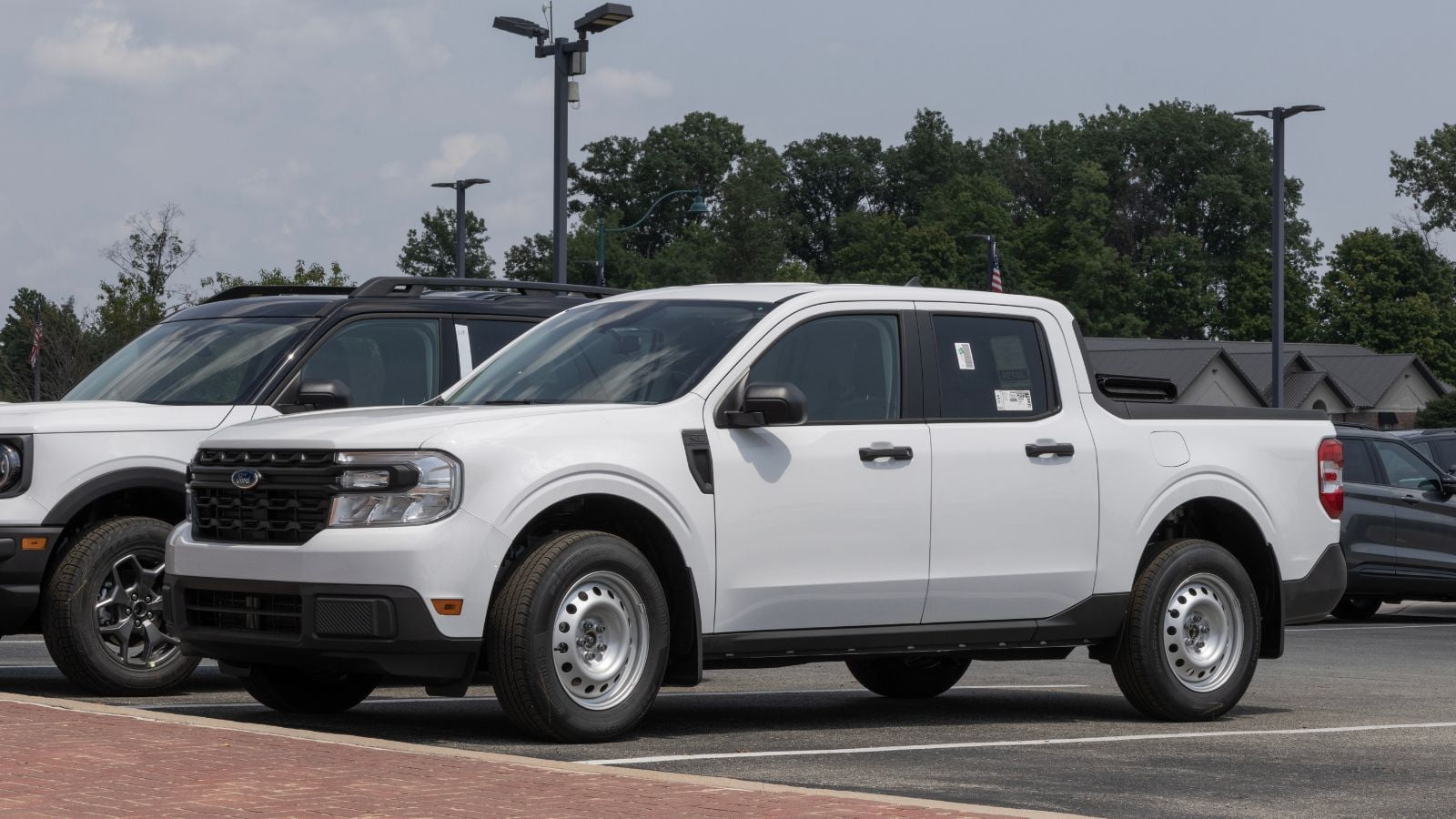
Trucks have never been fuel-sippers, but modern designs have improved efficiency. Smaller turbocharged engines often offer better mileage in daily driving but may drop quickly under heavy load. Diesel options typically shine on long hauls but come with higher fuel costs in some regions. Compare ratings carefully, and ask other owners about real-world numbers before deciding.
Safety Features

Today’s trucks often come with advanced safety systems: blind-spot monitoring, adaptive cruise control, automatic emergency braking, and trailer sway control. These features add peace of mind, especially on long drives or when towing. Make sure the trim you’re considering includes the safety tech you want, as base models sometimes lack these systems.
Interior Comfort

Modern trucks can be as luxurious as premium SUVs. Heated and cooled seats, massive touchscreens, and premium sound systems are common in higher trims. But base trims can still feel barebones, with cloth seats and basic features. If you’ll spend hours behind the wheel, prioritize comfort and ergonomics. Test the seating position, check visibility, and make sure the layout works for your needs.
Off-Road Capability
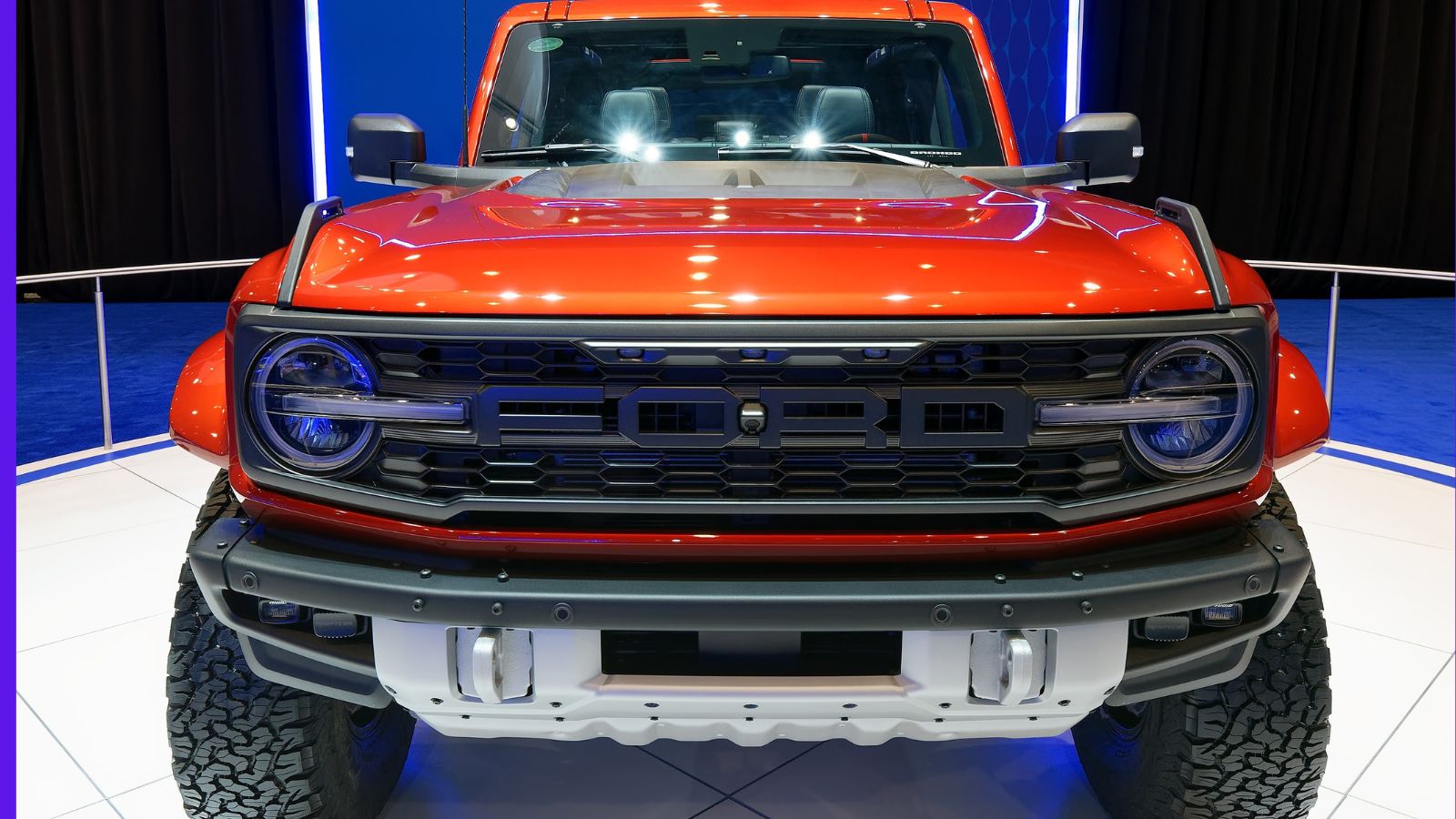
Not every 4×4 truck is off-road ready. If you plan to tackle trails, look for packages that include skid plates, locking differentials, specialized suspension, and all-terrain tires. Trucks like the Ford Raptor or Ram TRX come built for off-road abuse, but even mainstream trucks often offer factory off-road packages worth considering.
Technology and Infotainment

Truck buyers today expect big screens and seamless smartphone integration. But bigger isn’t always better—some infotainment systems are slow or overly complicated. Check responsiveness, ease of use, and whether features like Apple CarPlay or Android Auto are standard. For work trucks, simplicity might be better than complexity.
Warranty and Reliability Ratings
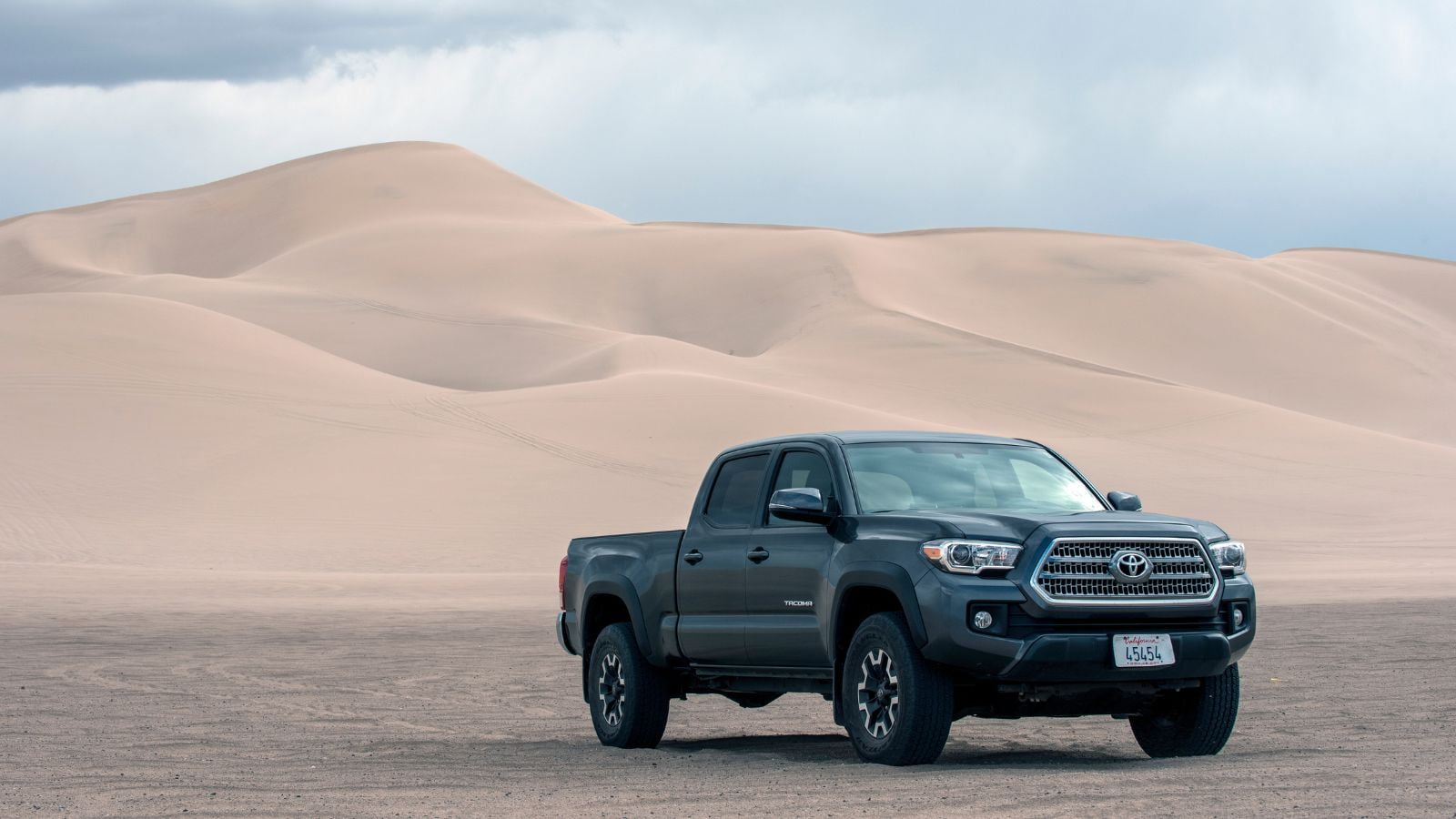
Research the brand and model’s reputation for long-term durability. Some trucks, like the Toyota Tacoma and Tundra, are legendary for reliability, while others have more mixed records. Check what the factory warranty covers, and consider whether extended coverage makes sense for your usage.
Towing Technology
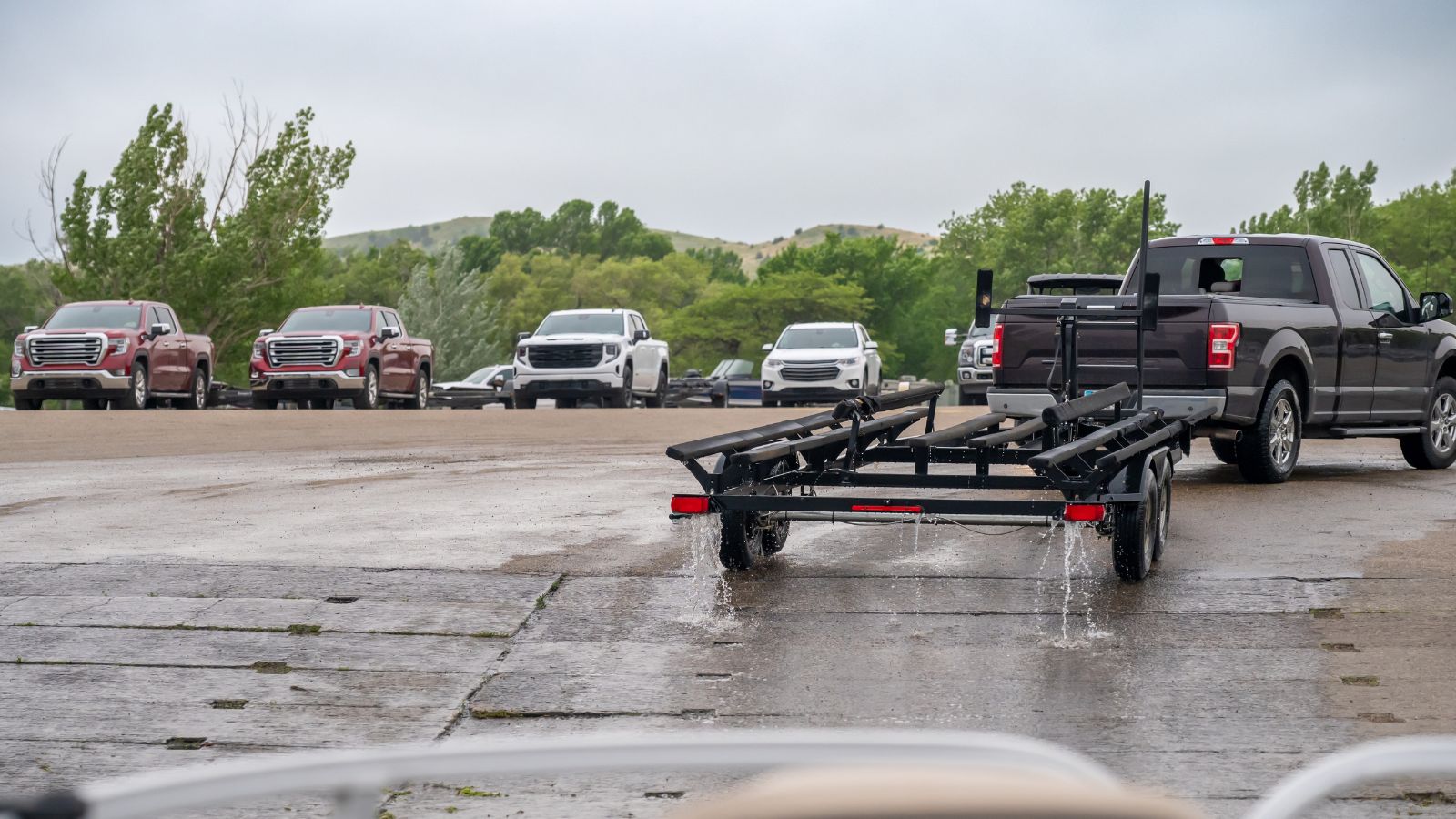
Modern trucks make towing far easier than in the past. Features like trailer backup assist, multiple camera angles, and integrated brake controllers take the stress out of hauling. If you plan to tow regularly, confirm these features are available, as they can transform the driving experience.
Resale Value

Trucks tend to hold their value better than cars, but some brands do better than others. Toyota and Ford models often maintain higher resale values, while certain other brands depreciate more quickly. If you plan to trade in after a few years, resale value should factor into your decision.
Customization and Aftermarket Support
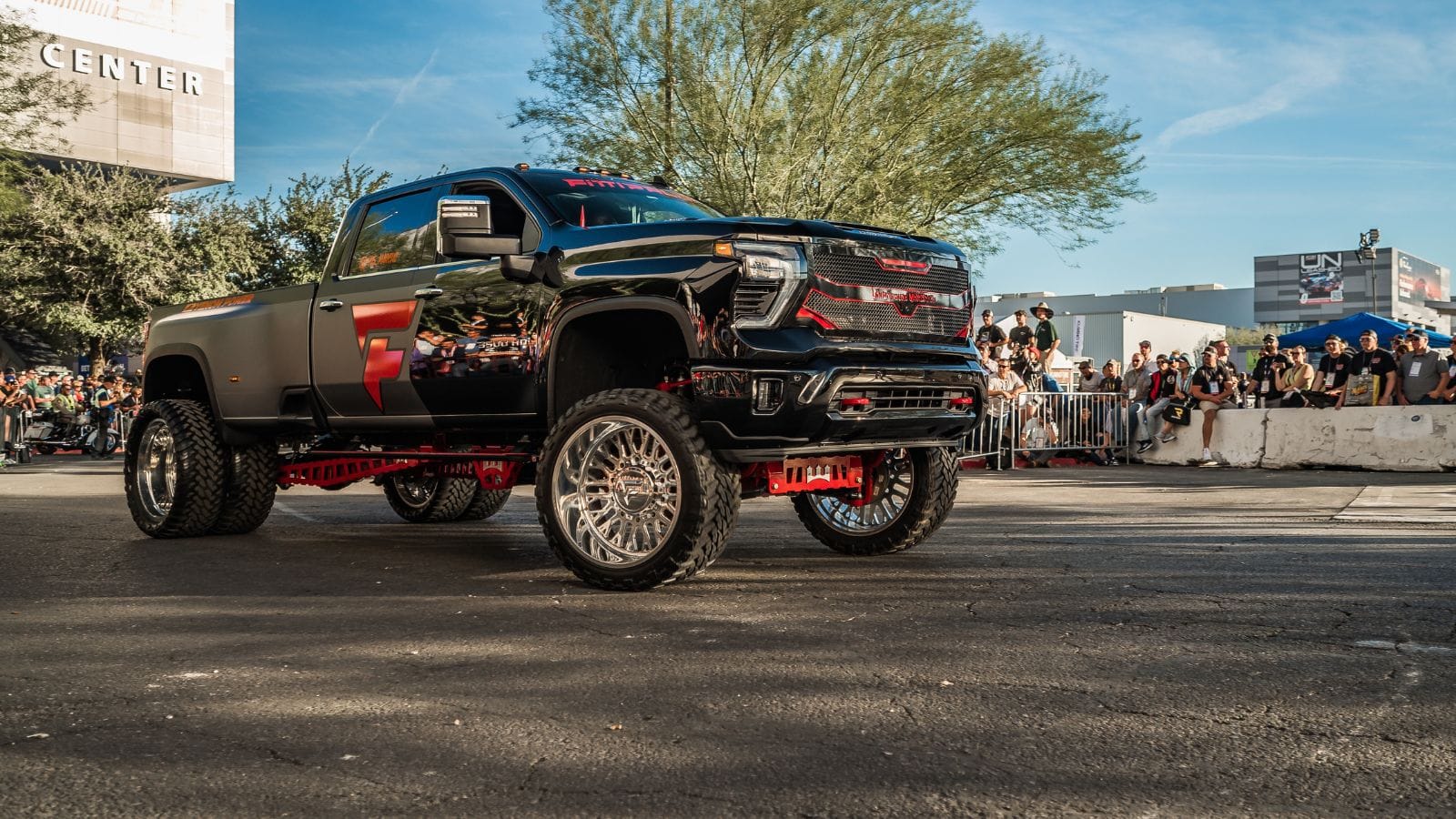
Many truck buyers enjoy modifying their rigs with lift kits, bed covers, lighting, and performance upgrades. Some trucks enjoy vast aftermarket support, while others are more limited. If customization is part of your plan, check which brands and models have the strongest enthusiast communities and accessory markets.
Insurance Costs

Trucks can vary widely in insurance premiums depending on engine size, classification, and even theft risk. A high-performance off-road truck may cost significantly more to insure than a base work truck. Get quotes in advance to avoid surprises after purchase.
Total Ownership Costs
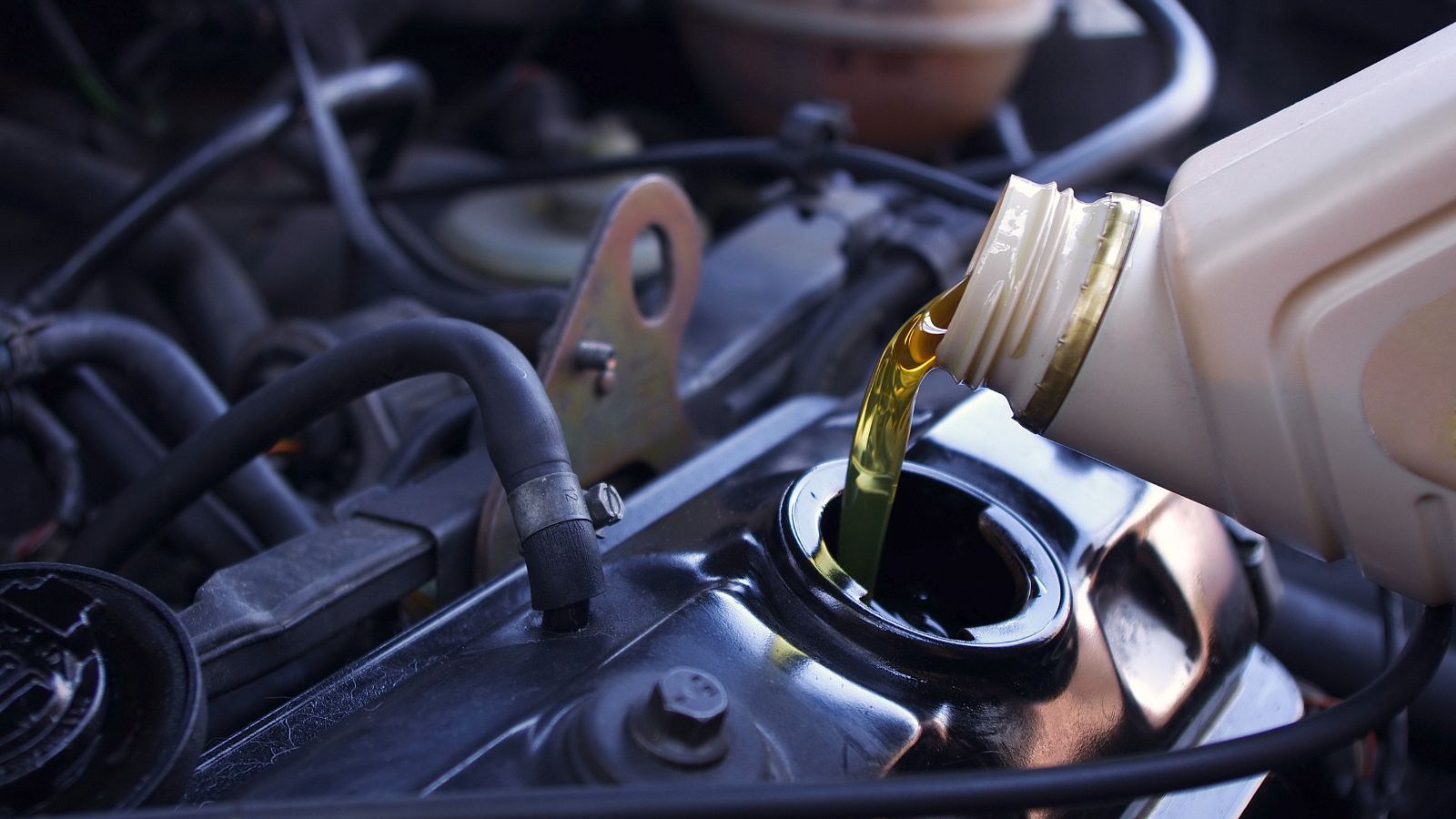
A truck’s sticker price is only the beginning. Factor in fuel, maintenance, registration, financing, and repair costs. A diesel may save fuel when towing but have higher service costs. Premium trims may come loaded with features but depreciate faster. Looking at the full picture of ownership cost helps you avoid financial headaches.
The Test Drive Factor
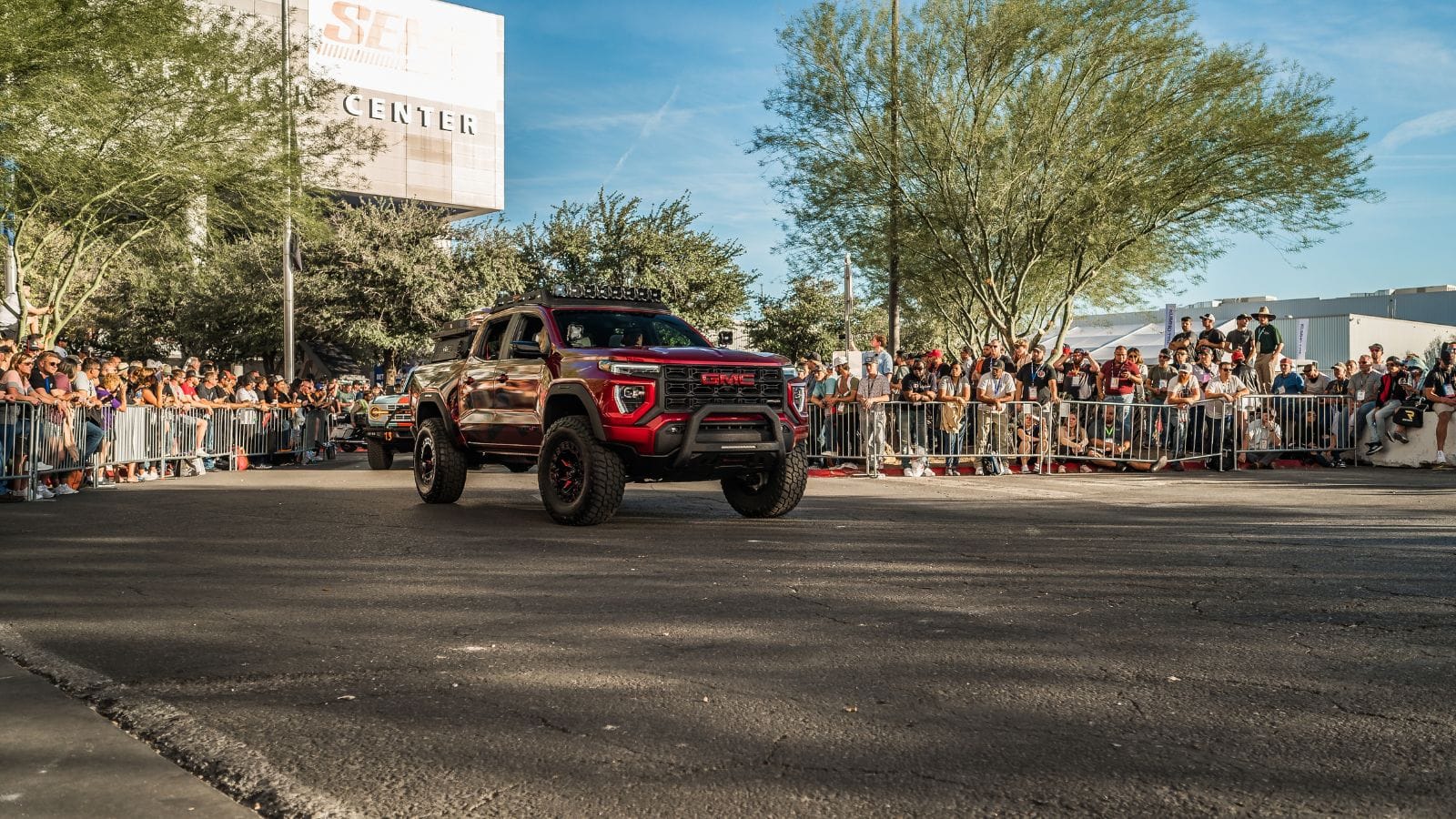
Specs and brochures are one thing, but a proper test drive is where you’ll know if a truck fits your lifestyle. Drive it on highways, in traffic, and on rough roads if possible. Pay attention to handling, blind spots, noise levels, and comfort. Only then will you know if it’s the right truck for you.
25 Facts About Car Loans That Most Drivers Don’t Realize

Car loans are one of the most common ways people fund car purchases. Like any other kind of loan, car loans can have certain features that can be regarded as an advantage or a disadvantage to the borrower. Understanding all essential facts about car loans and how they work to ensure that you get the best deal for your financial situation is essential. Here are 25 shocking facts about car loans that most drivers don’t realize:
25 Facts About Car Loans That Most Drivers Don’t Realize
